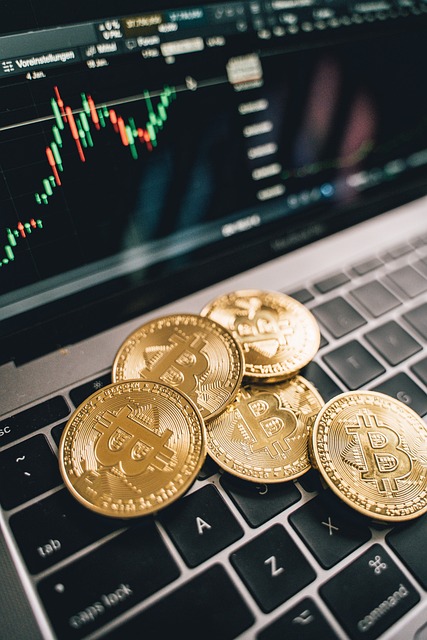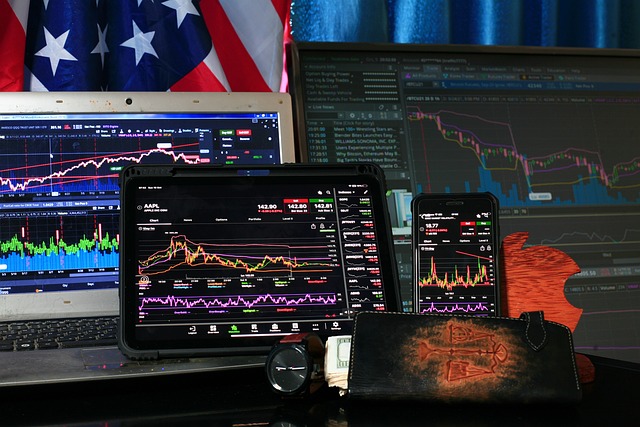The online gambling industry is constantly evolving—driven by technological innovation, regulation, and shifting player expectations. Among the most revolutionary concepts now entering the scene is DAO governance. Short for Decentralized Autonomous Organization, a DAO is a blockchain-based structure that allows communities to govern platforms through transparent, code-based rules—without the need for centralized management.
As crypto gambling platforms grow in popularity, DAOs are emerging as a compelling model for the future of trustless, community-led gaming. In this article, we explore how DAOs work, their benefits for gambling ecosystems, and the challenges they must overcome.
What Is a DAO and How Does It Work?
A DAO (Decentralized Autonomous Organization) is a self-governing community built on blockchain technology. It operates through smart contracts—automated code that defines how decisions are made and how resources are allocated.
Key features of a DAO:
- No central authority; decisions are made by token holders
- Governance is conducted via voting mechanisms
- Proposals, budgets, and platform changes are executed transparently
- All actions and votes are recorded on the blockchain
DAOs bring radical transparency and decentralization, removing the need to trust a single company or authority.
Applying DAO Governance to Gambling Platforms
DAO governance introduces a community-owned model for managing gambling platforms. Instead of a traditional operator deciding everything, users can vote on platform policies, such as:
- Which games or providers to add
- How to allocate platform revenue
- Whether to adjust house edge or rewards
- Community grants or marketing strategies
- Updating smart contracts or platform code
Players become stakeholders, aligning their interests with the platform’s long-term success. This can foster a stronger sense of loyalty, fairness, and user empowerment.

Benefits of DAO-Based Gambling Platforms
Shifting to DAO governance offers several advantages over centralized models, especially in an industry where transparency and trust are critical.
1. Trustless Operations
Smart contracts handle bets, payouts, and bonus rules automatically, reducing the risk of manipulation or bias.
2. Player-Driven Decisions
Users can vote on changes—giving players real influence over game offerings, platform features, and economic policies.
3. Transparent Financials
All financial flows—such as revenue, rewards, or token emissions—are auditable on-chain, fostering accountability.
4. Global Accessibility
DAOs can operate across borders, allowing gamblers from different regions to participate in governance without relying on jurisdiction-specific operators.
5. Token Incentives
Governance tokens can be used to reward loyal users, encourage participation, and align incentives with platform growth.
Challenges to DAO Adoption in Gambling
Despite its promise, DAO governance also faces serious hurdles—especially in a highly regulated industry like gambling.
Legal and Compliance Issues
- Many jurisdictions require licensed entities to run gambling platforms, making it unclear how DAOs fit into existing legal frameworks.
- Regulatory bodies may not recognize decentralized platforms as valid operators.
Voter Apathy
- Many token holders do not actively participate in governance, which can lead to poor decision-making or centralization of votes among a few whales.
Security Risks
- Vulnerabilities in smart contracts can be exploited, and once deployed, code is hard to change without community consensus.
User Experience
- Average users may struggle with wallets, tokens, and on-chain voting, especially those unfamiliar with blockchain tools.

Real-World Examples and Emerging Projects
Several blockchain-based gambling platforms are already experimenting with DAO governance or token-based voting models:
- Decentral Games uses a DAO to allow players to vote on upgrades, incentives, and treasury use.
- FunFair Technologies explores transparency in casino operations with blockchain smart contracts.
- Chiliz and Socios.com use token-based voting for sports fan engagement, which could easily extend to esports and betting decisions.
These early models provide a glimpse into how DAOs might reshape online gambling over the next decade.
Final Thoughts: Gambling by the People, for the People
DAO governance represents a shift toward democratized control, financial transparency, and code-based fairness in online gambling. While regulatory and technical hurdles remain, the potential for creating fully community-owned, decentralized casinos and betting platforms is both exciting and disruptive.
As blockchain technology matures, and more players seek control and clarity in their gaming experience, DAO-governed gambling platforms could become the next frontier in online gaming—where the house is no longer a faceless entity, but a community of users deciding the rules together.

